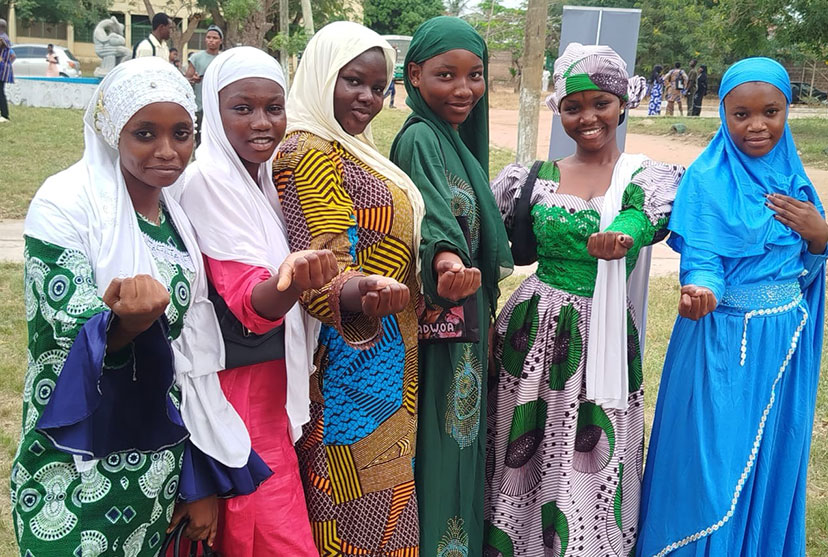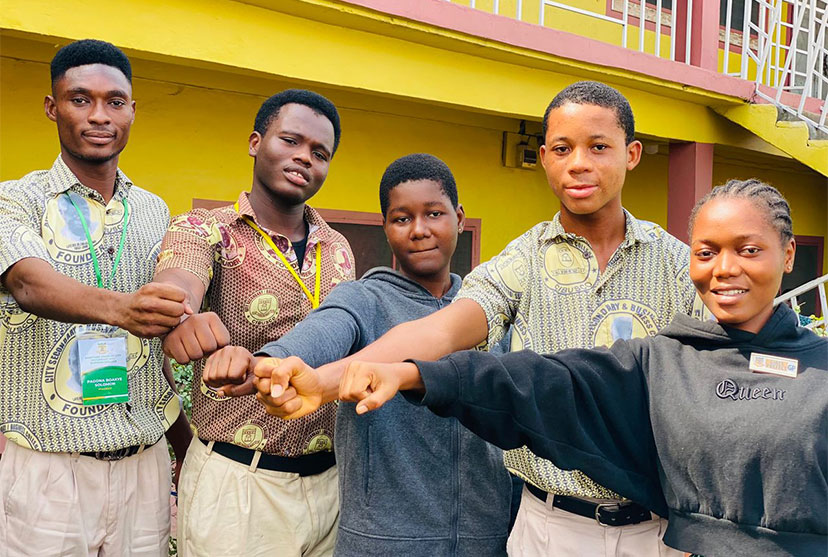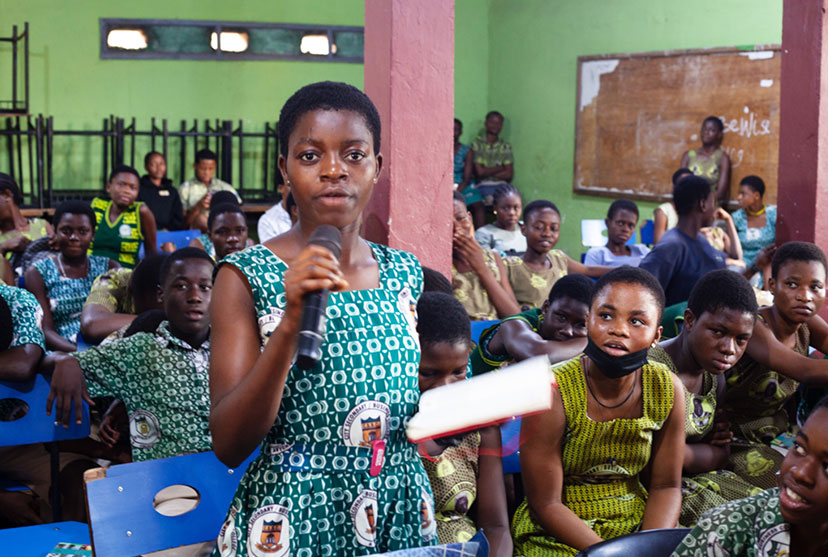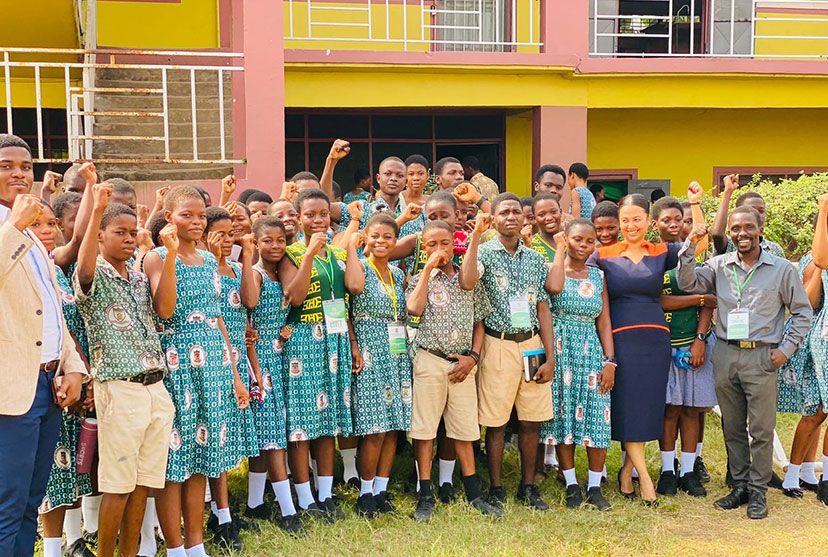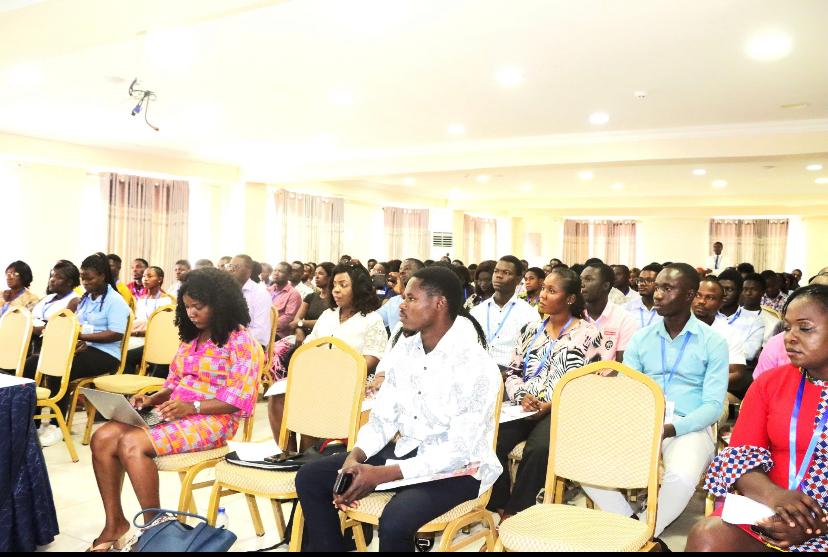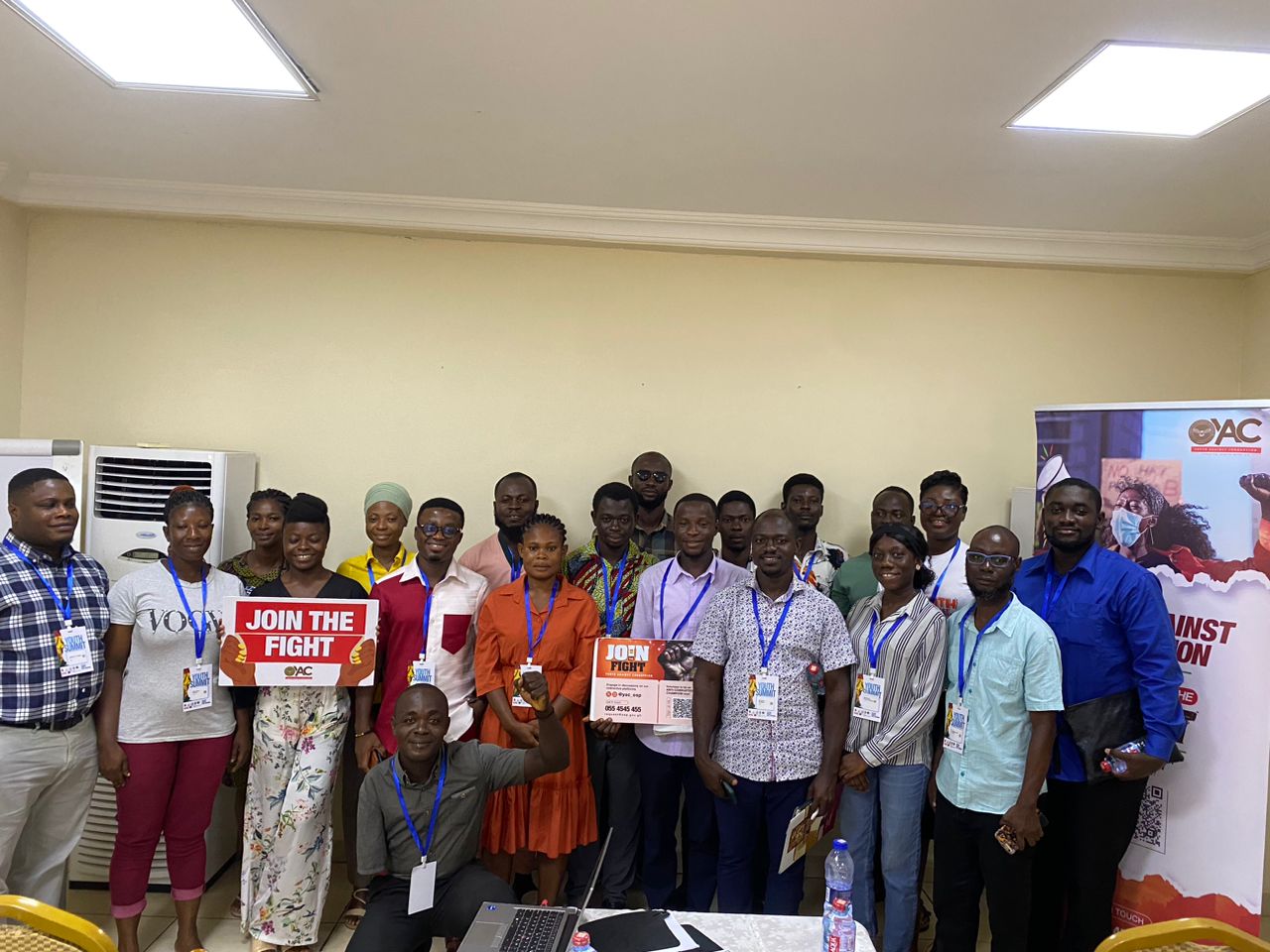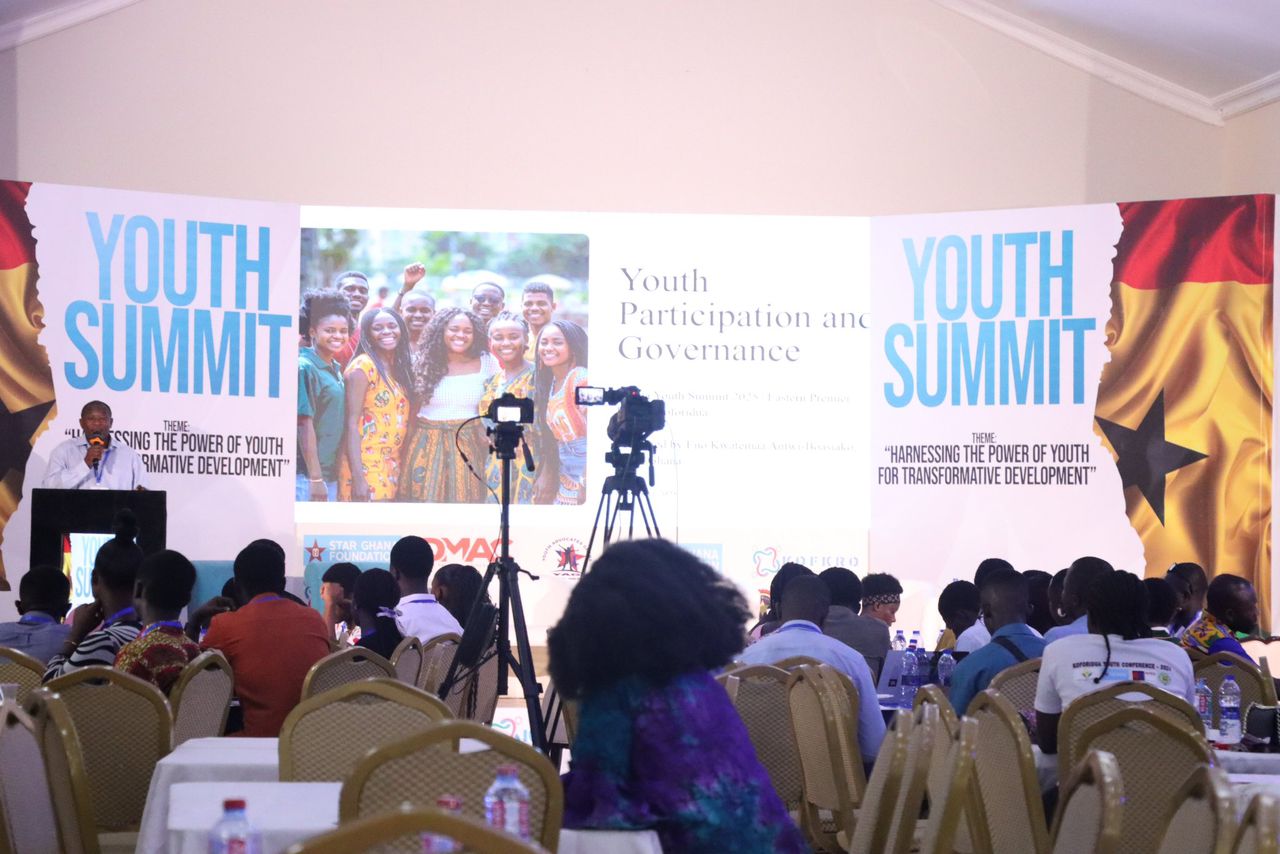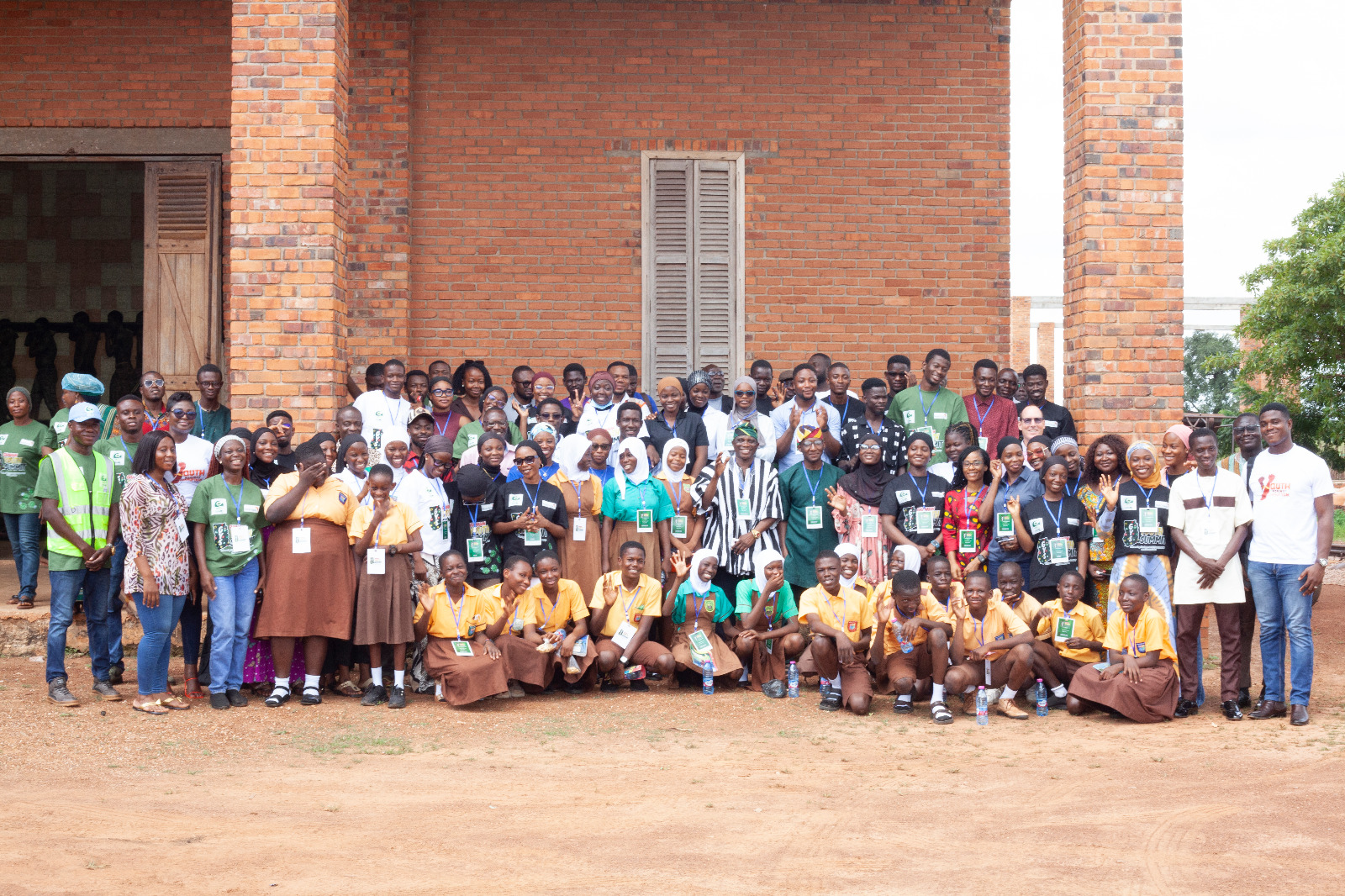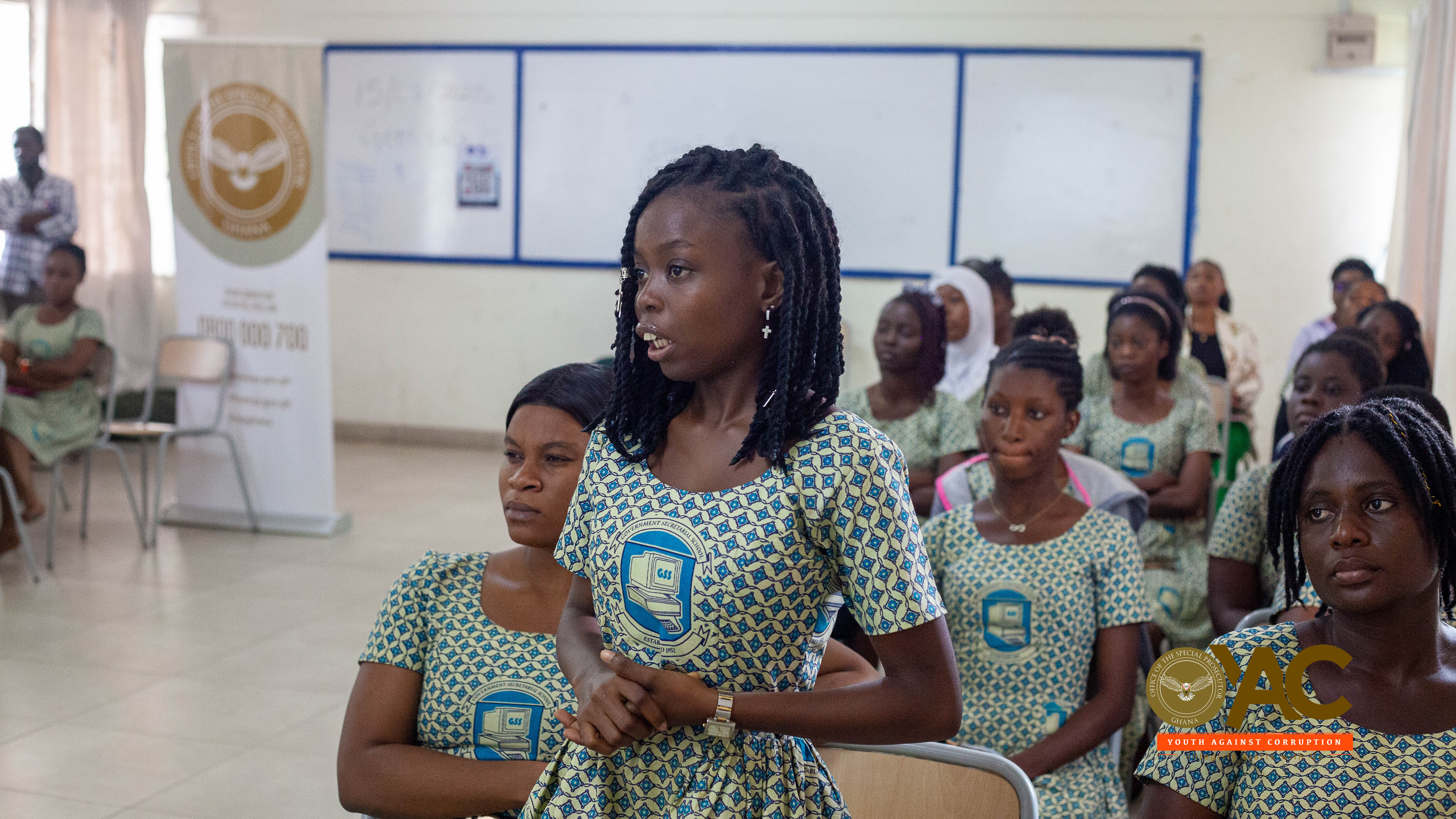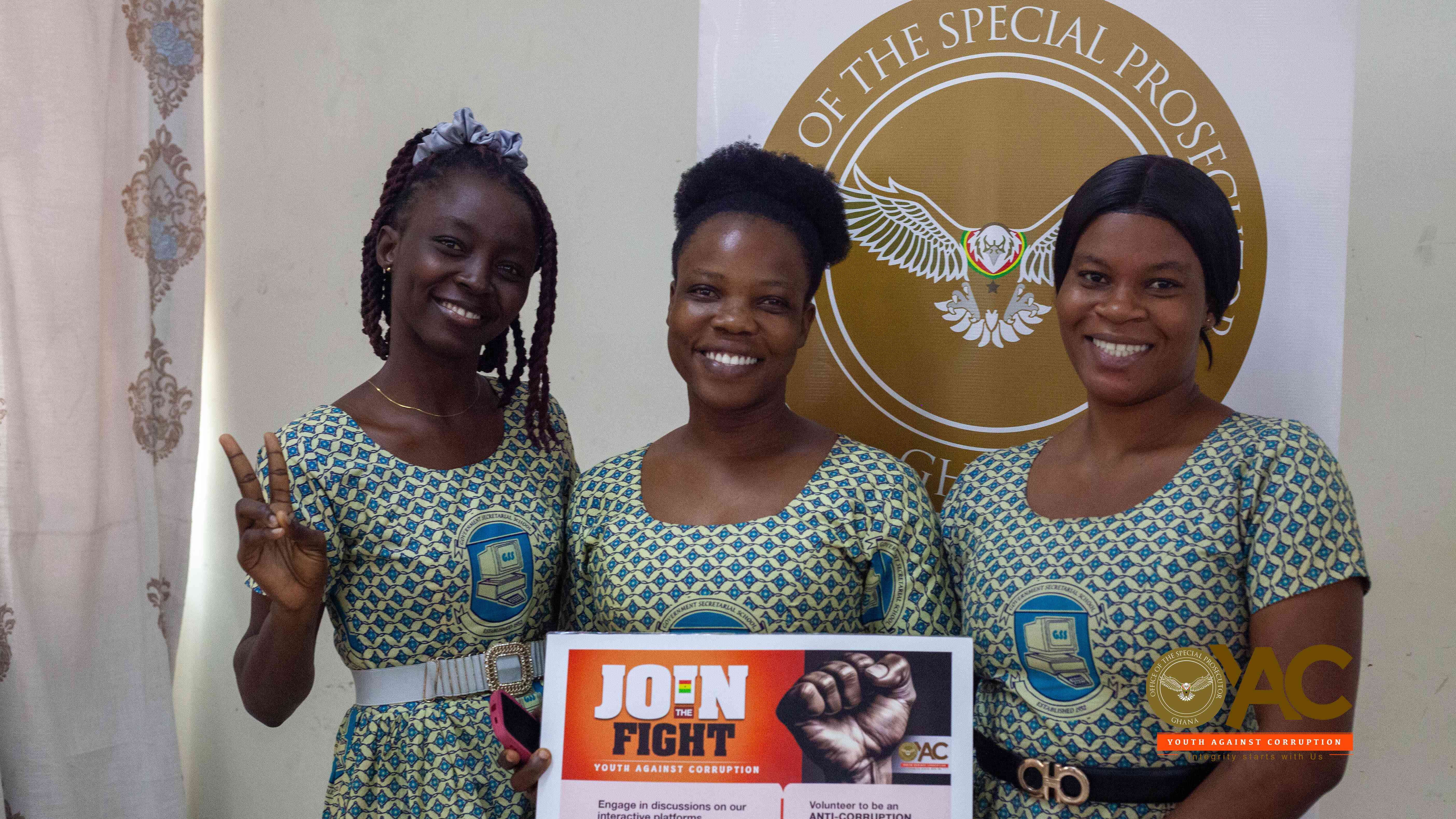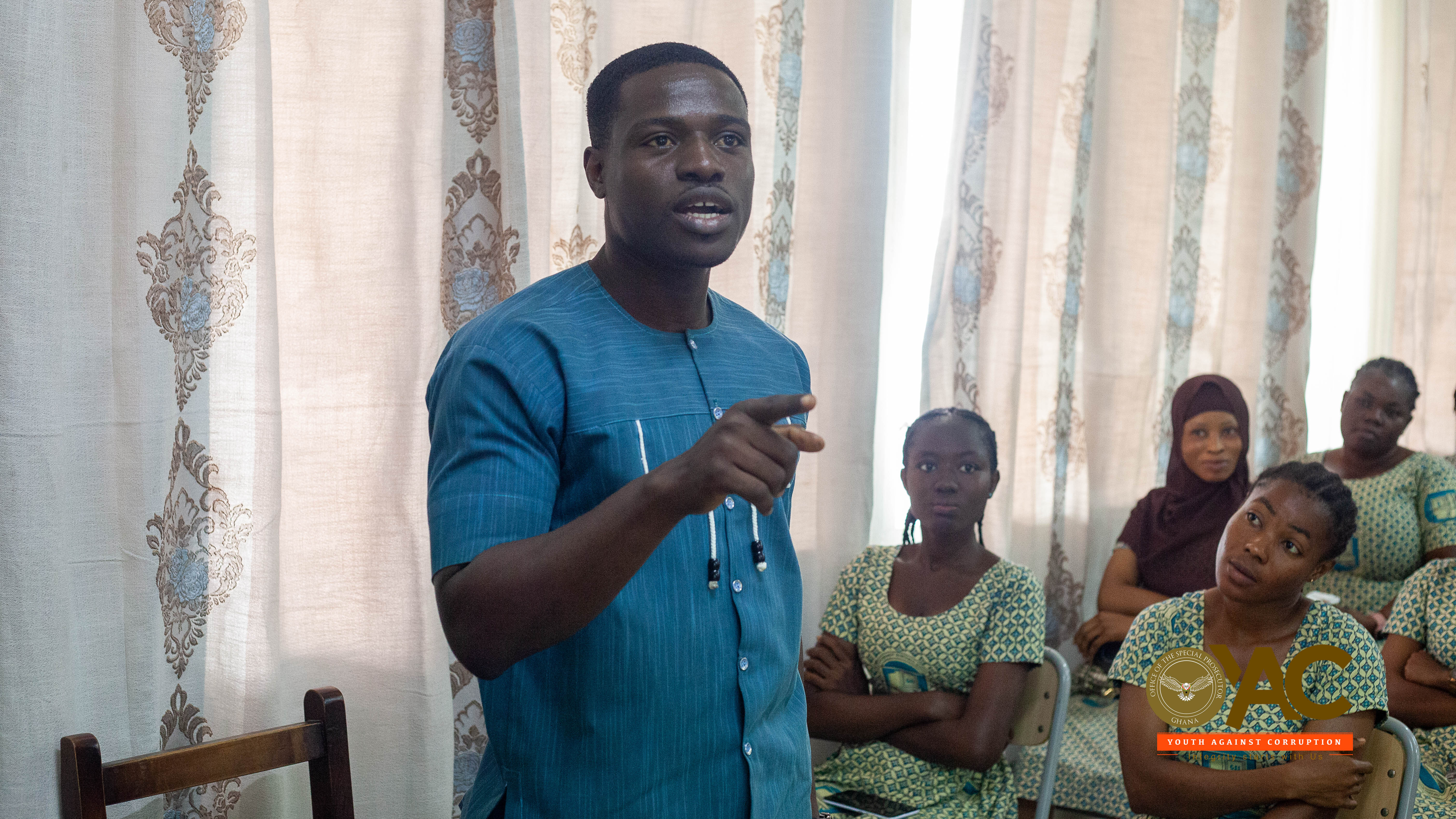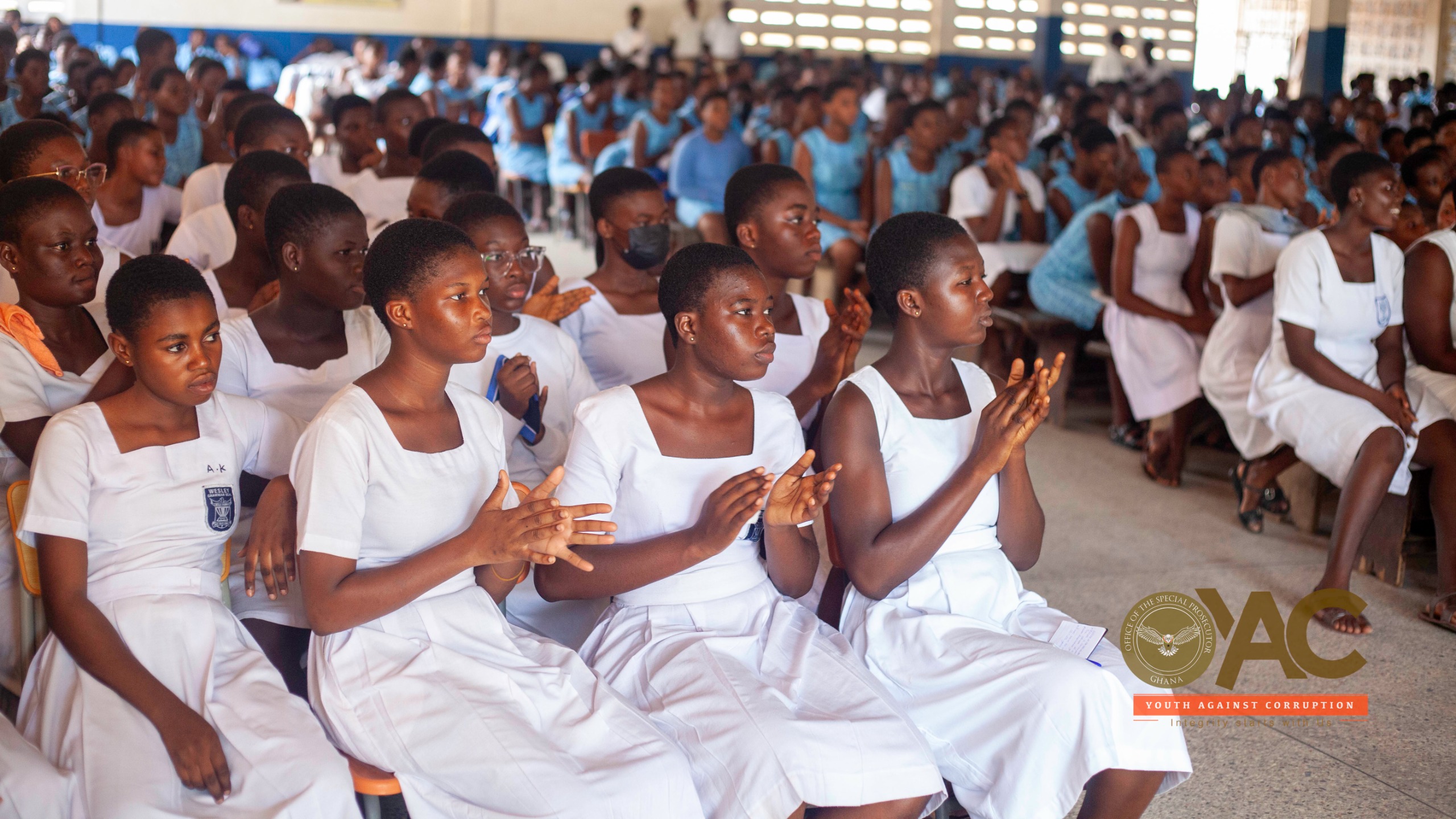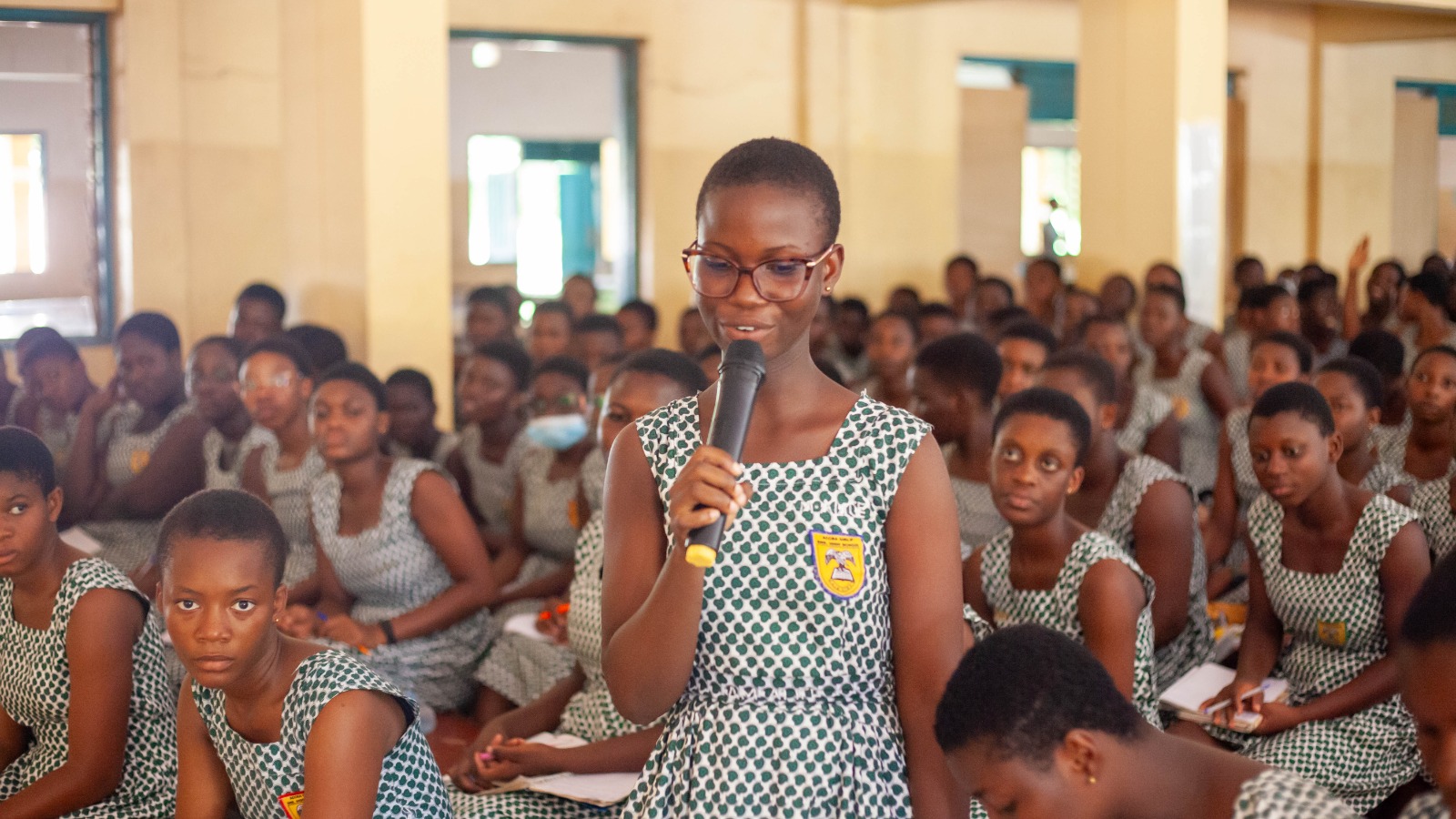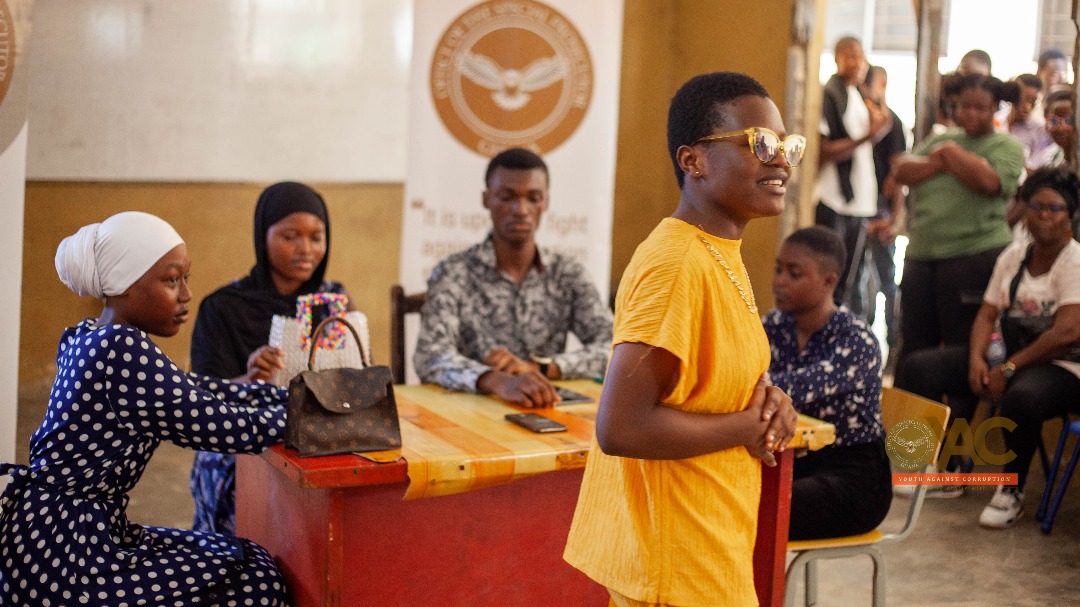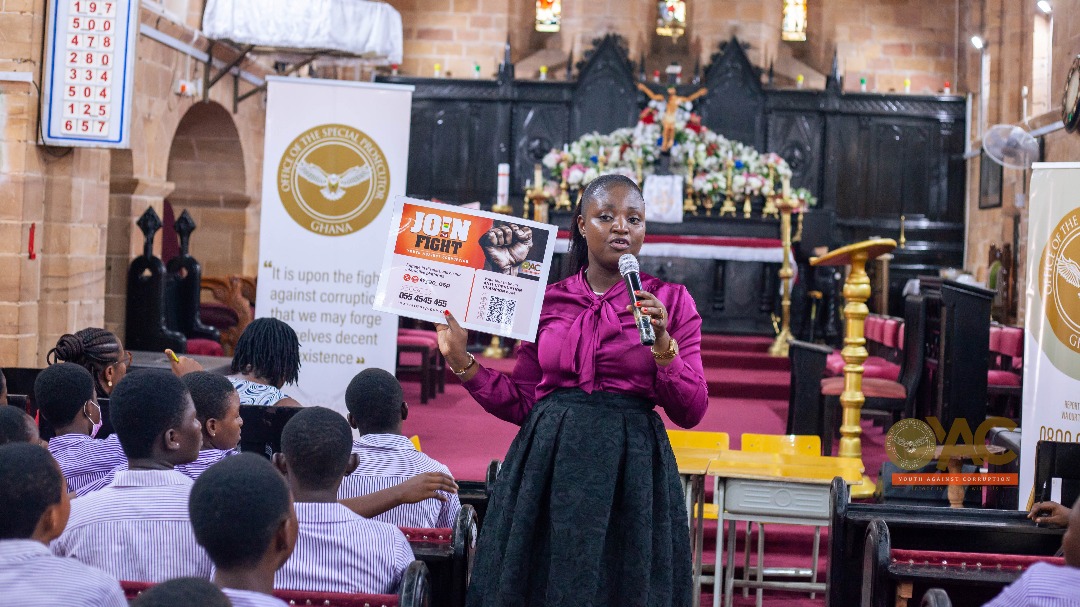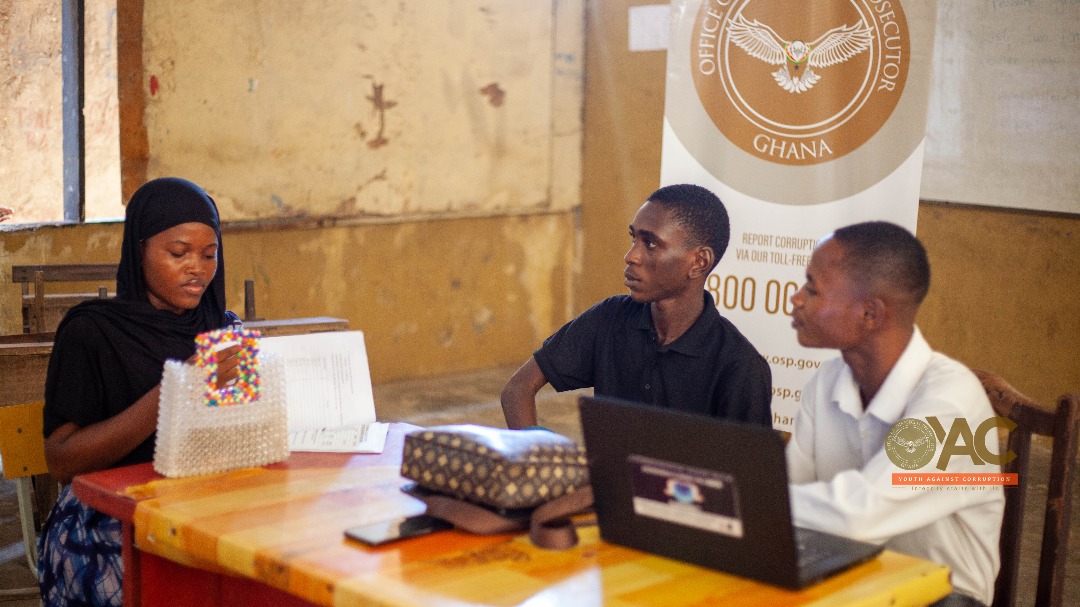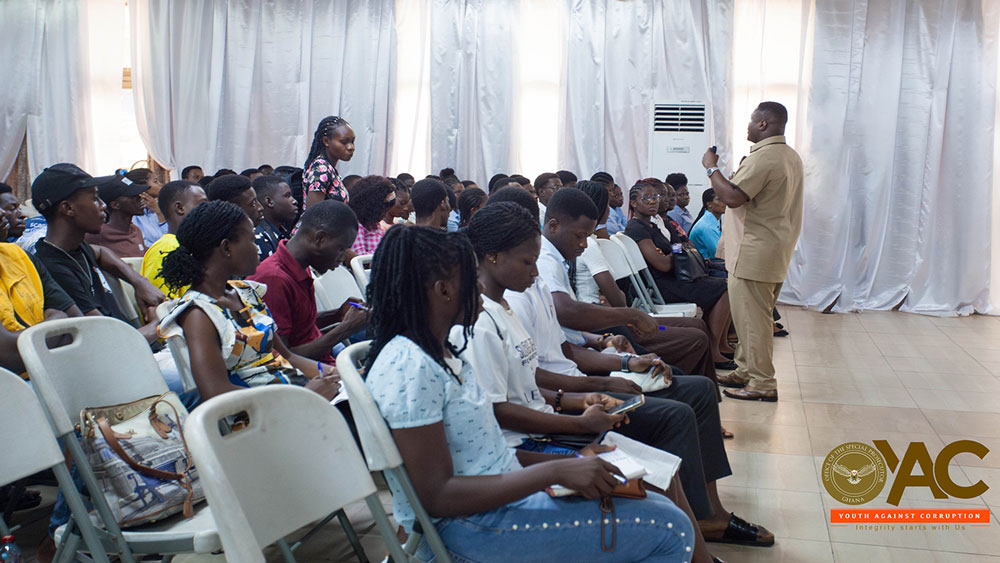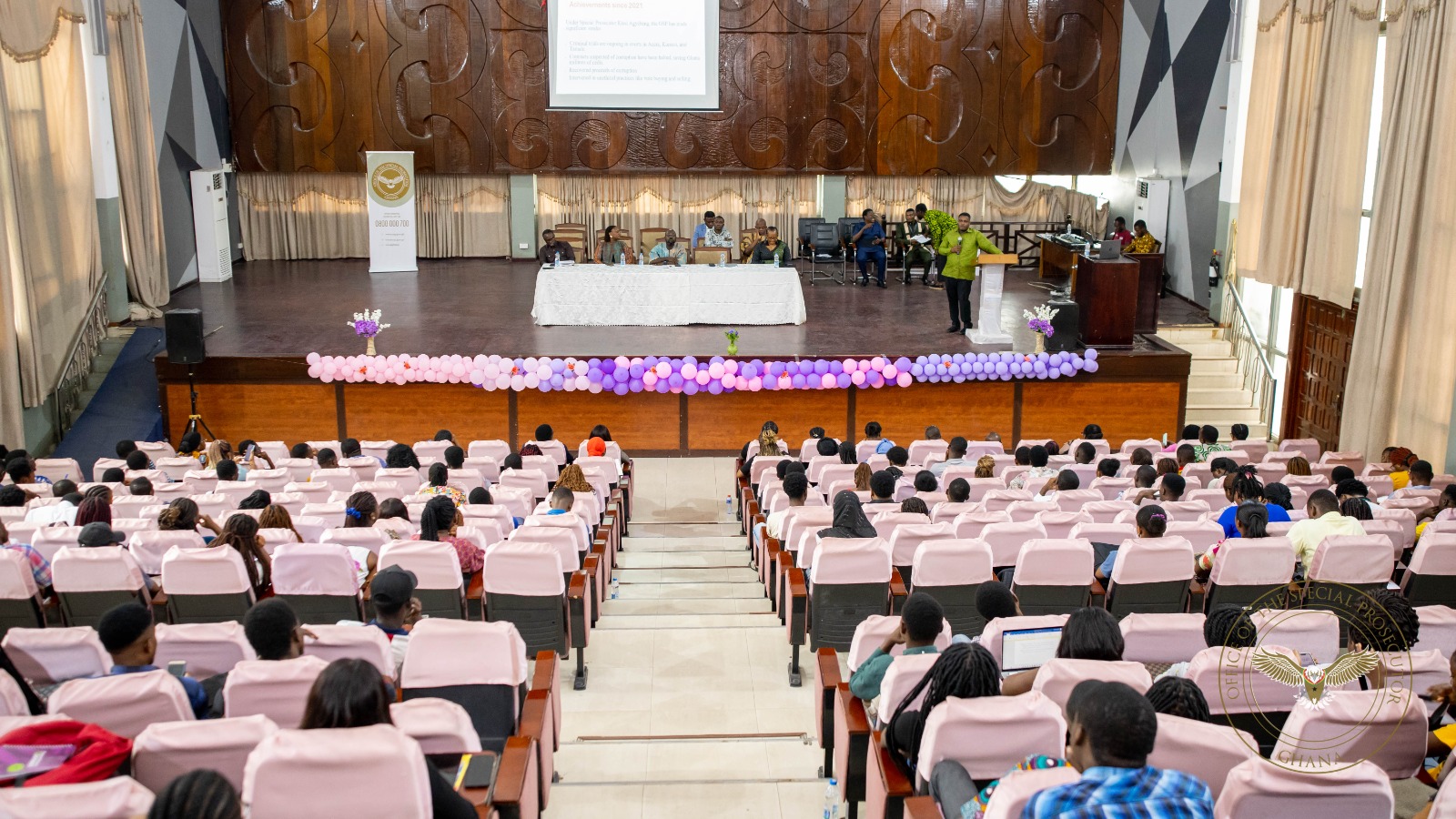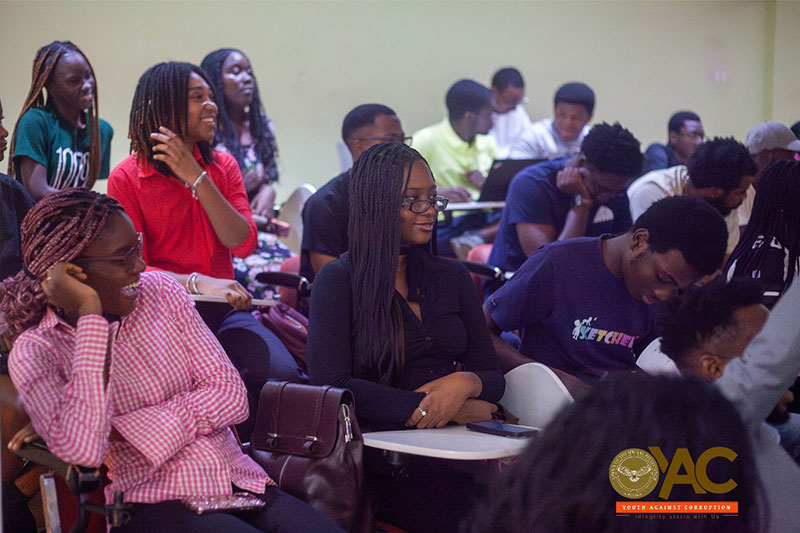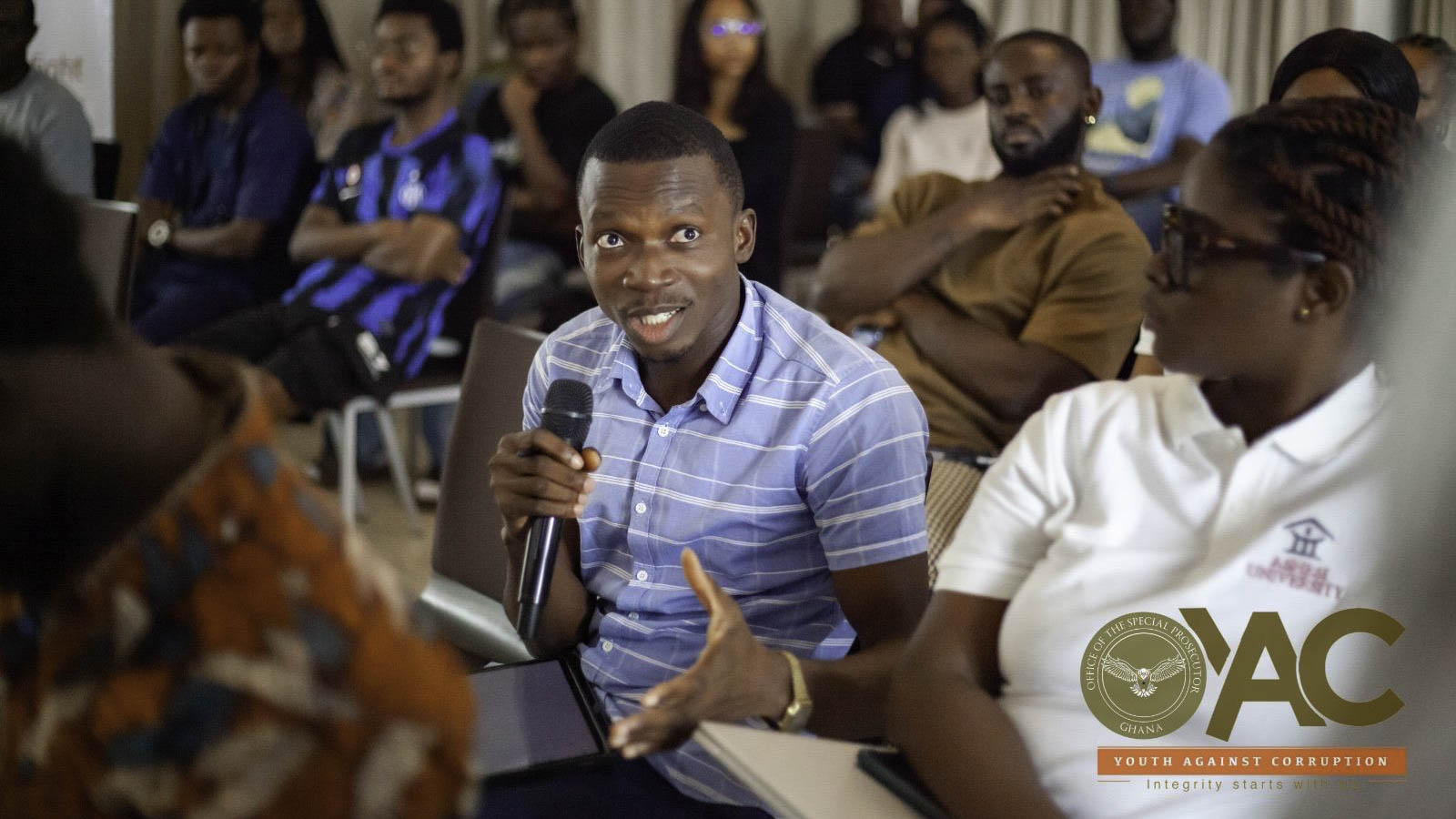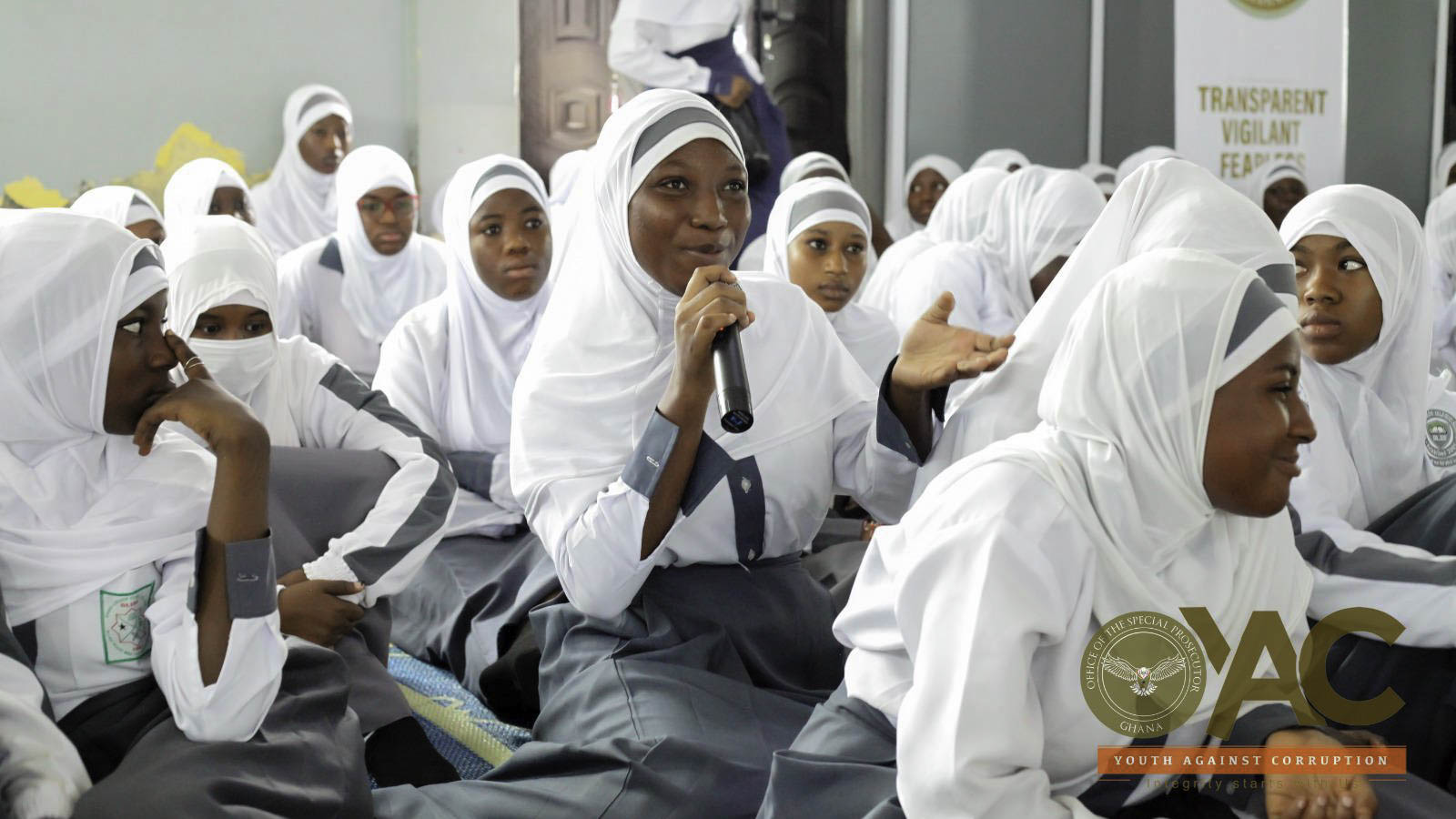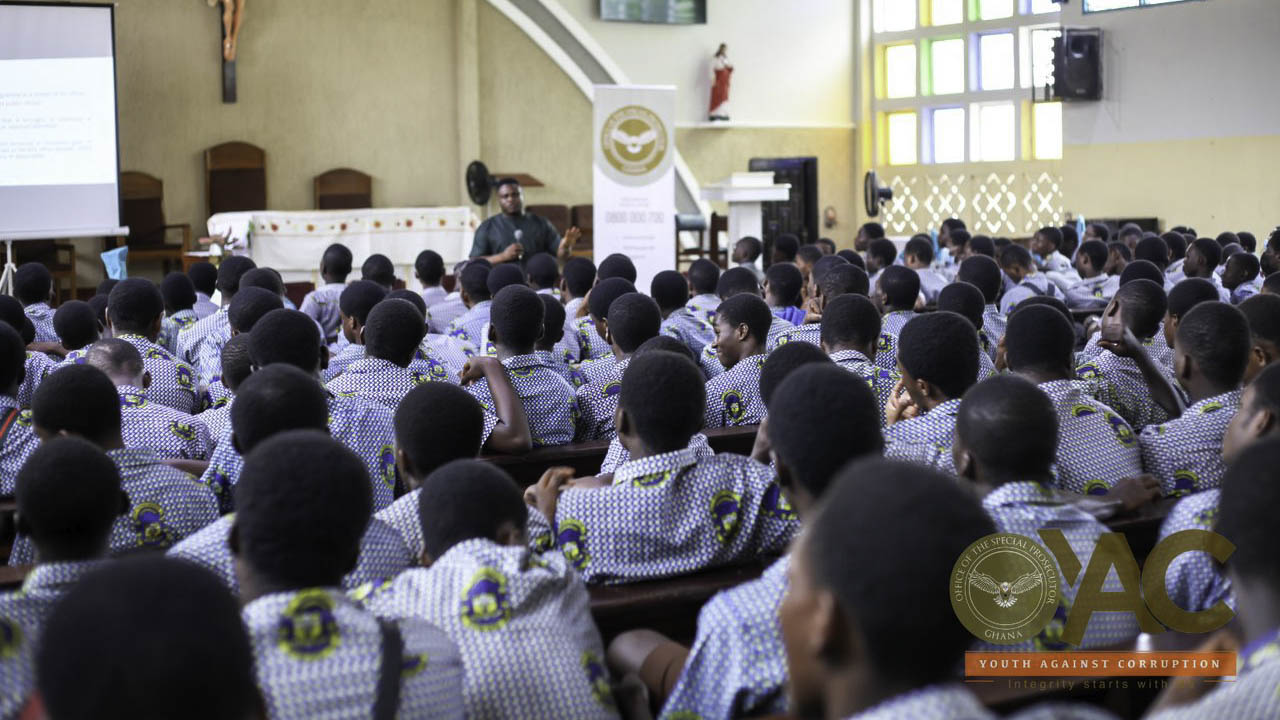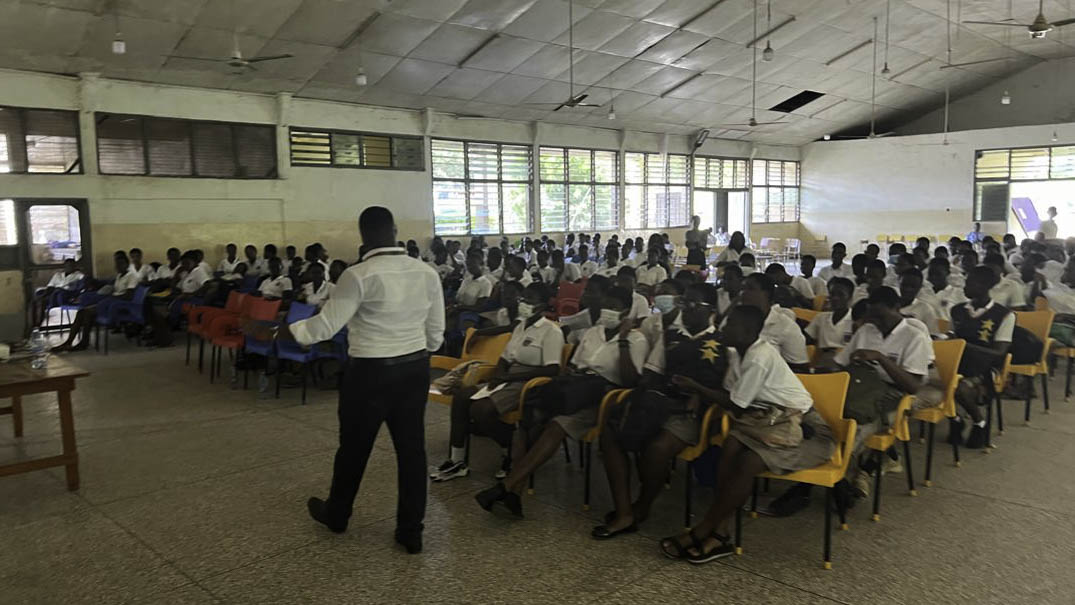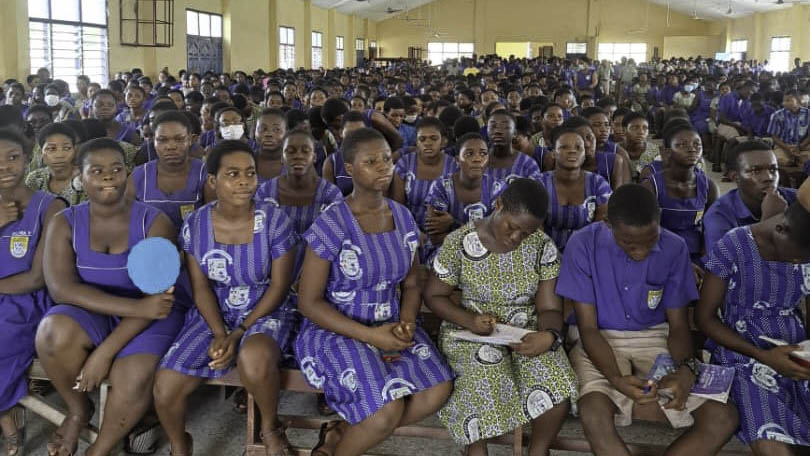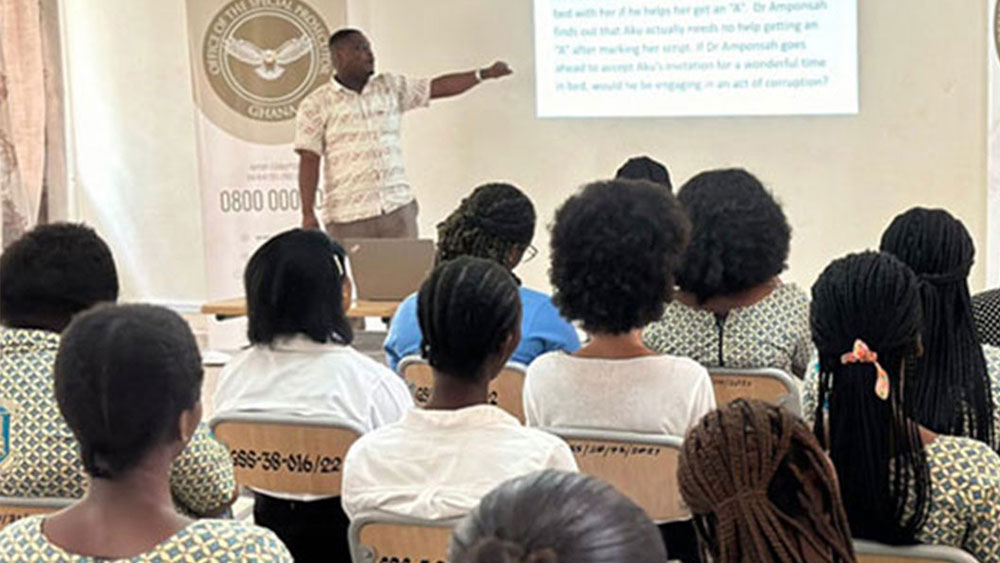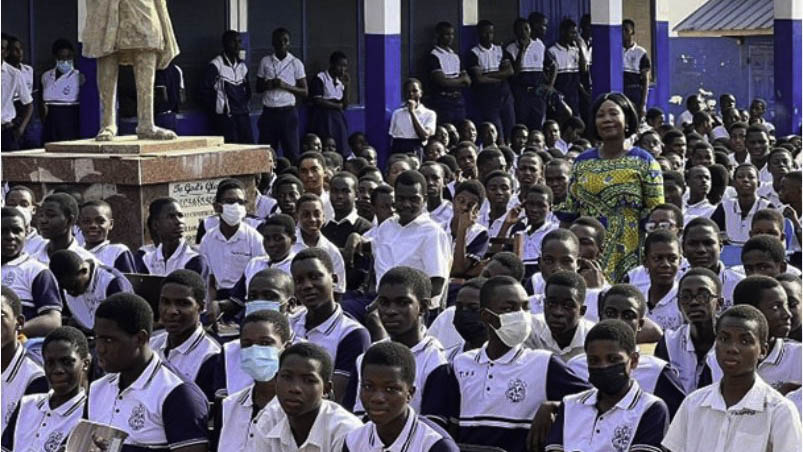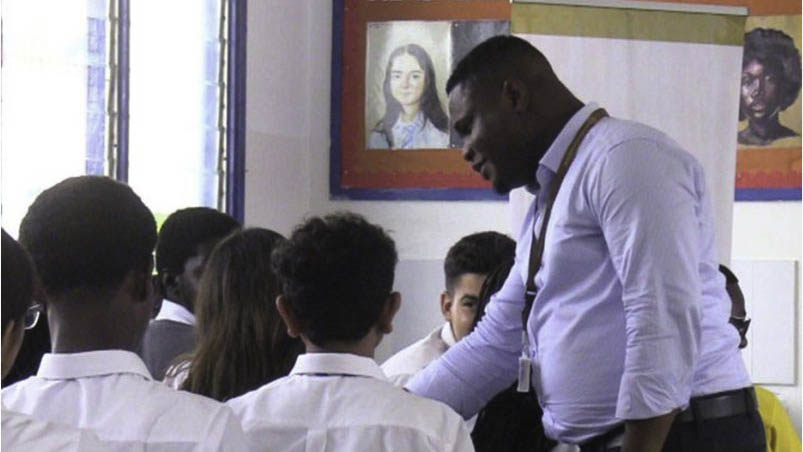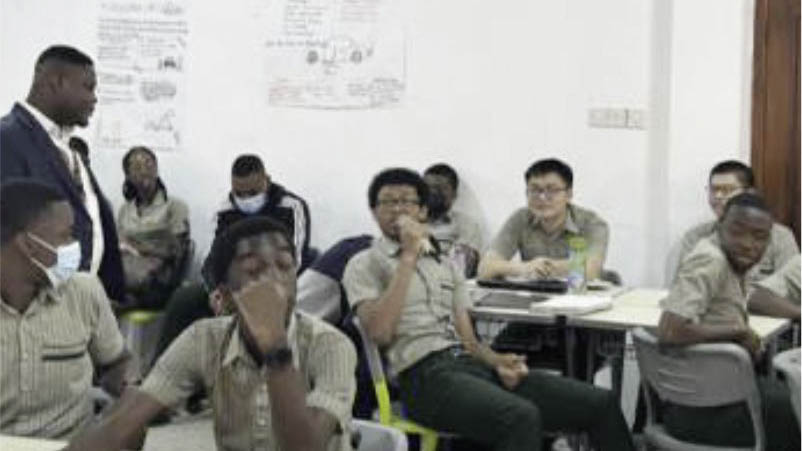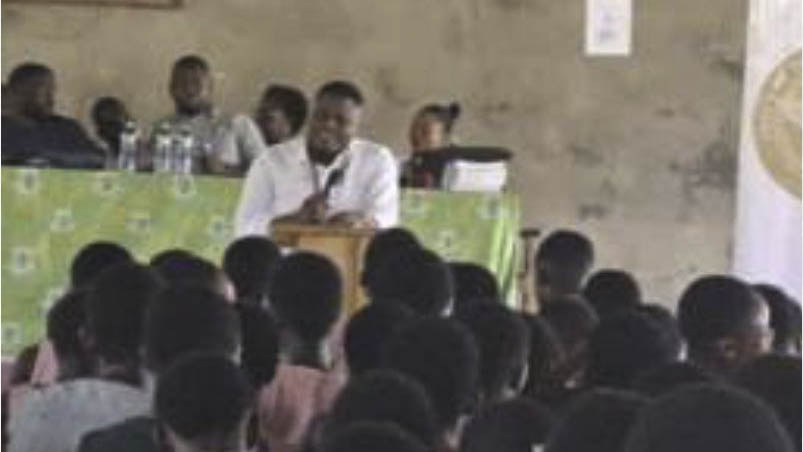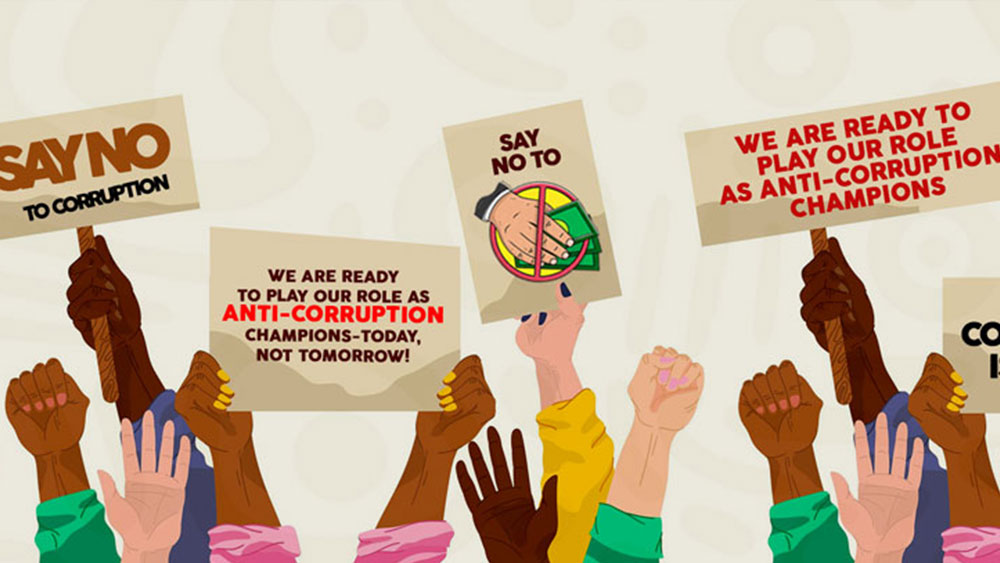Youth Against Corruption ( YAC )
Corruption poses a grave threat to the stability, development, and integrity of Ghanaian society. The Office of the Special Prosecutor advocates efficacy of investigations and prosecutions in curbing corruption's tide. Yet, recognising that transforming Ghana's culture of corruption requires a comprehensive, large-scale prevention programme, the Office, as mandated by Section 2(c) of the Office of the Special Prosecutor Act, 2017 (Act 959), is dedicated to taking proactive measures to prevent corruption
In alignment with its commitment to preventing corruption and ensuring accountability, the Office acknowledges the pivotal role of the youth in the fight against corruption. Young people, with their immense potential and vested interest in forging a future with minimal corruption, serve as invaluable allies in the pursuit of ethical governance. Their energy, creativity, and idealism position them as key contributors to the efforts against corrupt practices.

 At first, the topic of corruption seemed distant and almost abstract. It didn't seem like something that directly affected our day-to-day lives; instead, it was something talked about on the news and social media. However, the OSP bridged the gap by showing us how corruption begins with seemingly small integrity violations like cheating on exams or disregarding school rules. They explained how those morph into larger societal issues if left unchecked. As student council members, his words ignited a sense of responsibility in us to promote transparency and integrity right here in TIS.
At first, the topic of corruption seemed distant and almost abstract. It didn't seem like something that directly affected our day-to-day lives; instead, it was something talked about on the news and social media. However, the OSP bridged the gap by showing us how corruption begins with seemingly small integrity violations like cheating on exams or disregarding school rules. They explained how those morph into larger societal issues if left unchecked. As student council members, his words ignited a sense of responsibility in us to promote transparency and integrity right here in TIS.

Young Voices at Padua Take a Stand for Integrity
Students at Ebenezer SHS (Padua) proved that the future is not a distant dream, the future has found its voice and is ready to speak boldly against corruption.The Youth Against Corruption (YAC) team stormed the campus, greeted by a sea of over 650 students whose energy could have powered the entire city...
OSP Engages City Business School Students on Integrity and Anti-Corruption
The Youth Against Corruption (YAC) team recently engaged about 220 students of City Business and Secondary College (CIBUSCO) in an interactive session on real-life corruption scenarios. The discussion was energetic and reflective...
YAC drives mindset change at Ghana Youth Summit
The Office of the Special Prosecutor’s Youth Against Corruption (YAC) initiative joined hundreds of young people at the Ghana Youth Summit in Koforidua this week on 6 November 2025, as part of its sustained efforts to shape a new generation that rejects corruption.
OSP Urges Tamale Youth to Stand Against Corruption
The Office of the Special Prosecutor (OSP), through its Youth Against Corruption (YAC) initiative, has encouraged the youth in Tamale to reject corruption and promote integrity as a key factor in achieving environmental sustainability and green growth.
OSP Urges Youth to Champion Integrity in Fight Against Corruption
The Office of the Special Prosecutor (OSP), in a sensitisation engagement at the Government Secretarial School, urged young people to take a firm stand against corrupt practices and embrace the values of honesty, integrity, and accountability.
OSP Drives Anti-Corruption Message at Wesley Grammar School
The Office of the Special Prosecutor (OSP), through its Youth Against Corruption (YAC) initiative, held a sensitisation programme at Wesley Grammar School on Thursday, 12 June 2025. The event engaged more than 1,600 students in an interactive session aimed at promoting integrity and anti-corruption values among Ghana’s youth.
OSP Engages Over 1,500 Students of Accra Girls SHS in Fight Against Corruption
The Office of the Special Prosecutor (OSP), as part of its national Youth Against Corruption (YAC) initiative, has empowered more than 1,500 students of Accra Girls Senior High School to stand against corruption and become champions of integrity.
OSP & HOTCAS Drama Club Stage Anti-Corruption Fight
The YAC outreach swapped the lectern for the stage as the OSP partnered with the Drama Club of the Holy Trinity Cathedral Senior High School (HOTCASS) to present corruption via drama.
YAC Educates Accra Technical University on Corruption
On 26 March 2025, the Youth Against Corruption (YAC) team engaged with students at Accra Technical University to raise awareness about corruption and promote integrity.
OSP Engages Young Leaders at UGBS on Ethical Leadership
The Office of the Special Prosecutor (OSP) has reiterated the need for the promotion and adherence to ethical leadership principles, particularly among the youth, as a measure against the adverse effects and pervasive consequences of corruption.
Academic City Students Welcome YAC
Students of Academic City University College had a thrilling session with the Youth against Corruption (YAC) programme on 5 November 2024.
YAC rallies Ashesi University students in anti-corruption campaign
The campaign to engage the youth in the battle against corruption took a stop at prestigious Ashesi University on Friday 19 July 2024.
YAC commemorates AU Anti-Corruption Day in schools
In celebration of the African Union's Anti-Corruption Day on 11 July, the Office of the Special Prosecutor (OSP) partnered with the Ghana Anti-Corruption Coalition (GACC) to host regional sensitization sessions in senior high schools.
GLISS embraces YAC initiative
In a lively session on 26 June 2024, students at the Ghana Lebanon Islamic School (GLISS) welcomed the Youth Against Corruption (YAC) initiative.
YAC at St. Thomas Aquinas
The YAC programme interacted with the students of St Thomas Aquinas on Friday, 14 June 2024.
The sensitisation session engaged 414 final year students of the school.
YAC goes to West Africa Senior High School
The West African Senior High School on 2 May 2024 joined the list of youth anti-corruption allies of the Office of the Special Prosecutor’s (OSP) Youth against Corruption (YAC) initiative.
St. John Grammar School benefits from OSP’s YAC initiative
The Office of the Special Prosecutor (OSP) in its continuous effort to build upon a youth-focused corruption prevention initiative has engaged students at St. John’s Grammar Senior High School in Accra.
Government Secretarial School partners OSP to prevent corruption
The Government Secretarial School has partnered with the Office of the Special Prosecutor (OSP) to promote integrity and accountability among future public servants.
YAC at Labone Senior High School (SHS)
The OSP has collaborated with management of Labone Senior High School (SHS) in Accra to sensitise students at the school on anti-corruption and make them ambassadors of integrity and transparency.
YAC at Roman Ridge School
The OSP initiative aimed at mobilising Ghanaian youth to stand up against corruption, recognising its detrimental impact on their future, led the Office to the Roman Ridge School (TRRS) in Accra.
YAC at Tema International School
Tema International School (TIS) accepted our invitation to collaborate on this initiative and the Office met with TIS students on 8 February 2024.
YAC at Ghana International School
The office is dedicated to maximizing its impact, extending efforts to engage with youth from influential backgrounds.
YAC at Prampram Senior High School
The maiden activity of the Youth Against Corruption programme was held at the Prampram Senior High School on 8 December 2023. The day also marked the International Anti-Corruption Day (IACD) of the United Nations (UN).
Africa Anti-Corruption Day marked at Ningo Senior High
The Office of the Special Prosecutor (OSP) and the Ghana Anti-Corruption Coalition (GACC) visited Ningo Senior High School as part of Africa Anti-Corruption Day activities.

